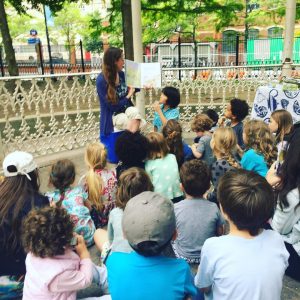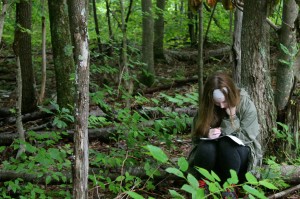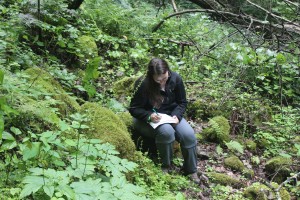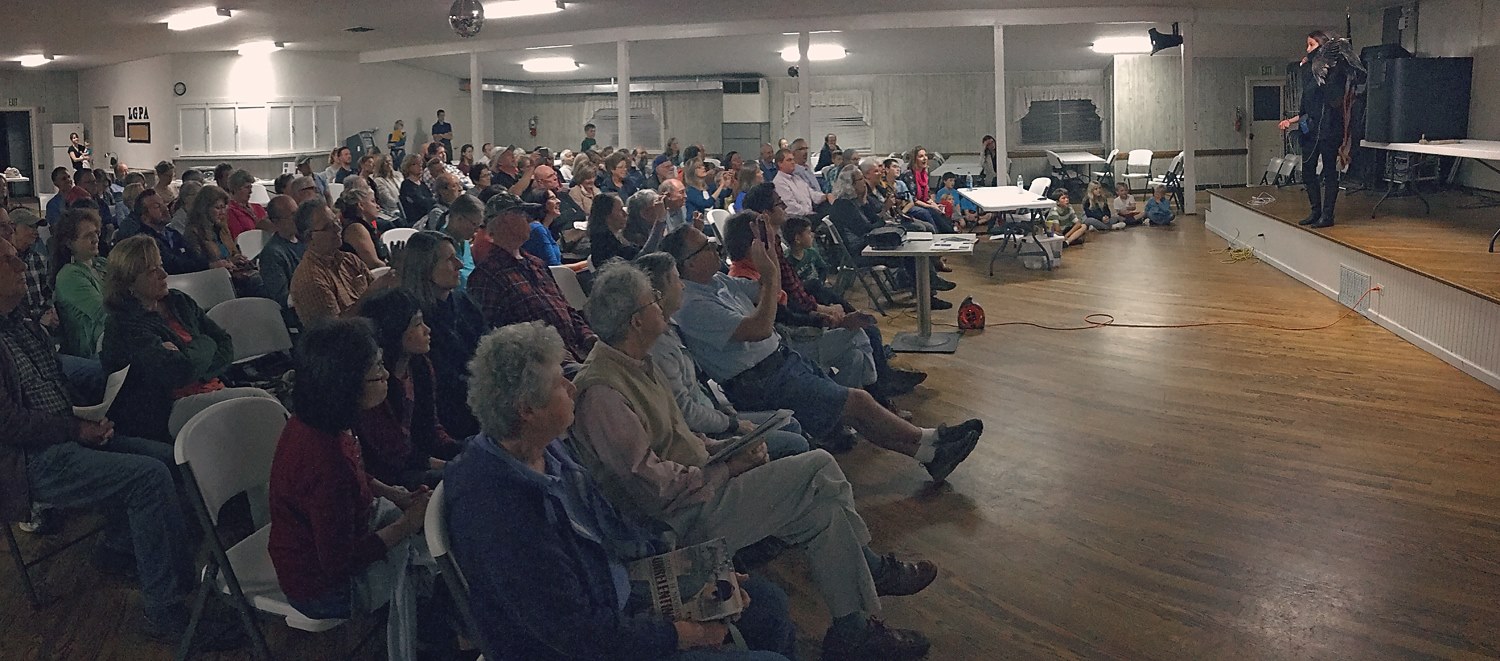 Katie has taught writing at Virginia Tech and West Virginia University, and in the Low-Residency MFA Programs at West Virginia Wesleyan College and Chatham University. She is certified as a Flying WILD educator trainer and facilitator by the Council for Environmental Education. She has given presentations on teaching creative writing using experiential methods at meetings and workshops, including the conferences of the Associated Writers and Writing Programs and the Raptor Research Foundation.
Katie has taught writing at Virginia Tech and West Virginia University, and in the Low-Residency MFA Programs at West Virginia Wesleyan College and Chatham University. She is certified as a Flying WILD educator trainer and facilitator by the Council for Environmental Education. She has given presentations on teaching creative writing using experiential methods at meetings and workshops, including the conferences of the Associated Writers and Writing Programs and the Raptor Research Foundation.
As Adjunct Faculty in Chatham University’s Low-Residency MFA program, Katie has served on MFA thesis committees and taught the following courses (2018-2020):
English 612: Mentorship Part I & II
English 710: Summer Community of Writers
As Guest Faculty in West Virginia Wesleyan College’s Low-Residency MFA program, Katie has served on MFA thesis committees and taught the following (2016-2020):
English 530: Craft & Theory of Creative Nonfiction
English 535: Creative Nonfiction Workshop
English 570: Semester Project in Creative Nonfiction
At West Virginia University Katie has served on MFA thesis committees and has taught the following courses (2010-2016, 2019-2020):
Graduate Creative Nonfiction Workshop (English 618B)
Special Topics in Creative Writing: Nature Writing (English 318)
Creative Writing: Fiction (English 212)
And Katie’s absolute favorite class to teach at WVU:
Writing Appalachian Ecology (English 318 / Biology 318W)
 (Visit our course website for more information.)
(Visit our course website for more information.)
This course encourages students to think about the long-term future of our planet. What could our world be like in 200 years? How will current environmental problems change the future? What will the effects of global climate change look like? How will natural resource extraction permanently affect our homes? How will our relationships with the natural world change? Students will have the opportunity to address questions like these in the creative nonfiction essays they will write in English 318 / Biology 318W.
 This course is based on the Long-term Ecological Reflections (LTER) program that “brings together ecologists, creative writers, and philosophers at sites of long-term ecological research to advance understanding of ecological change and of our evolving relationship with the natural world.” The original LTER, developed at Oregon State University, took place in the Andrews Experimental Forest in Oregon and at Mount St. Helens in Washington.
This course is based on the Long-term Ecological Reflections (LTER) program that “brings together ecologists, creative writers, and philosophers at sites of long-term ecological research to advance understanding of ecological change and of our evolving relationship with the natural world.” The original LTER, developed at Oregon State University, took place in the Andrews Experimental Forest in Oregon and at Mount St. Helens in Washington.
Our version of this program—Long-term Reflections on Environmental Biology (LTREB)—takes place in the classroom at WVU as well as in the Fernow Experimental Forest near Parsons, WV. The federal government has owned the forest since 1915, and in the mid-1930s watershed and forest research projects were initiated; these long-term projects provide excellent opportunities for reflection on “ecological change” and “our relationship with the natural world.” We will travel twice as a class to Fernow, where we will hear from several researchers who work on the forest. Students will learn to creatively communicate scientific research for a broader audience, and they will write their own personal reflections based on their experiences and the research underway at the Fernow.
At Virginia Tech, Katie taught the following courses (2004-2010):
Creative Nonfiction (English 3724)
Introduction to Creative Writing (English 2744)
Introduction to English Studies (English 2614)
First-year Composition (English H1204, 1106, 1105)
